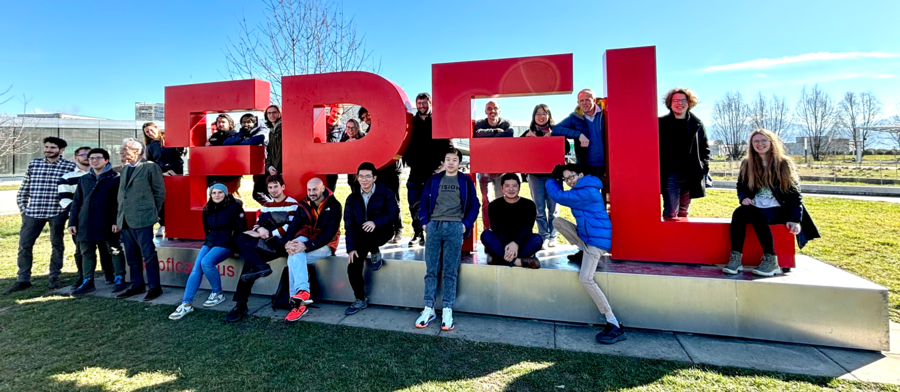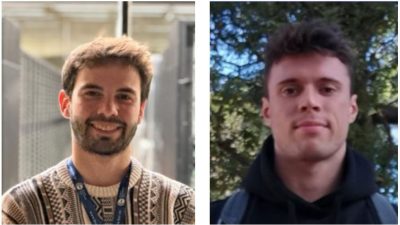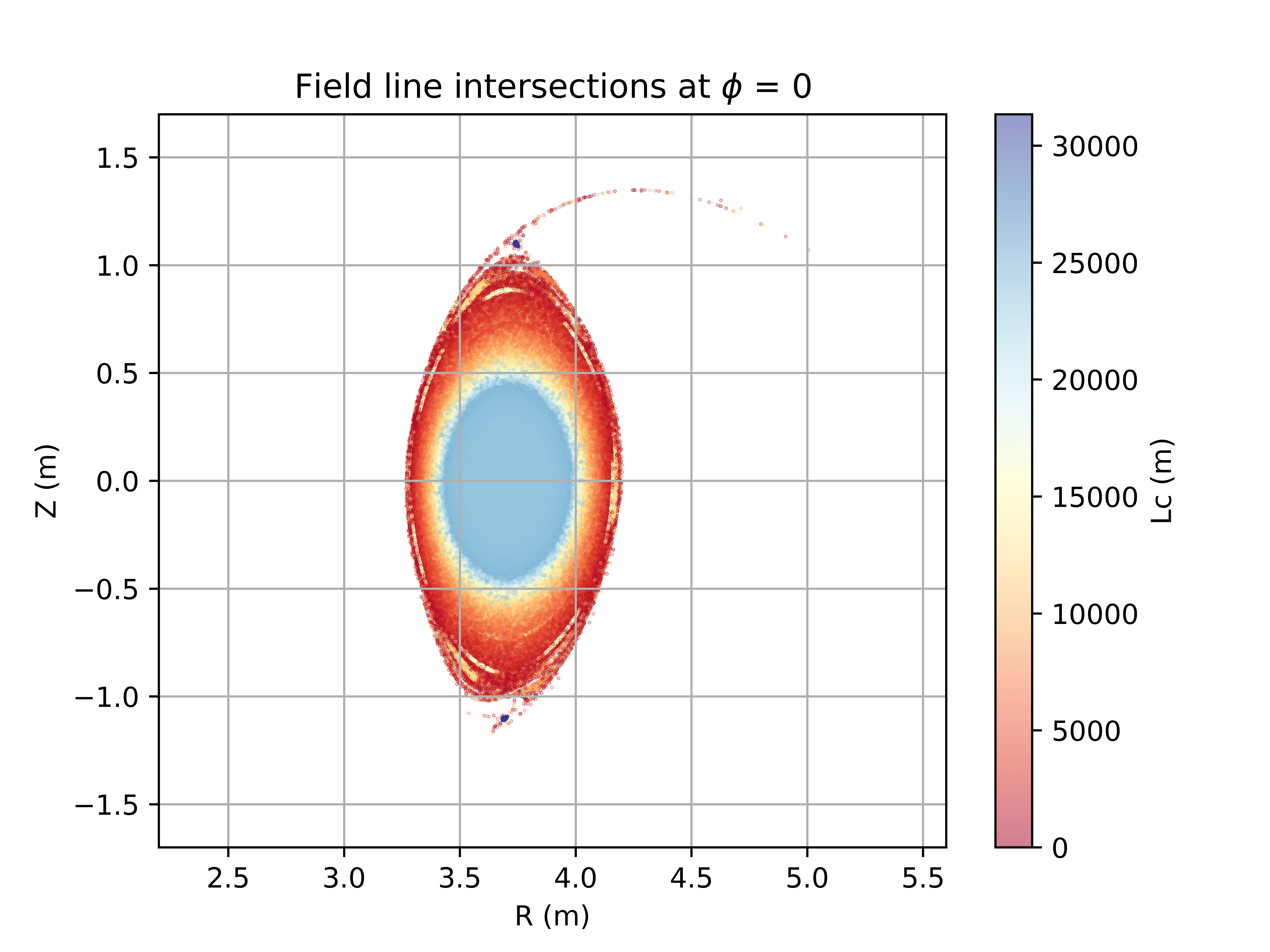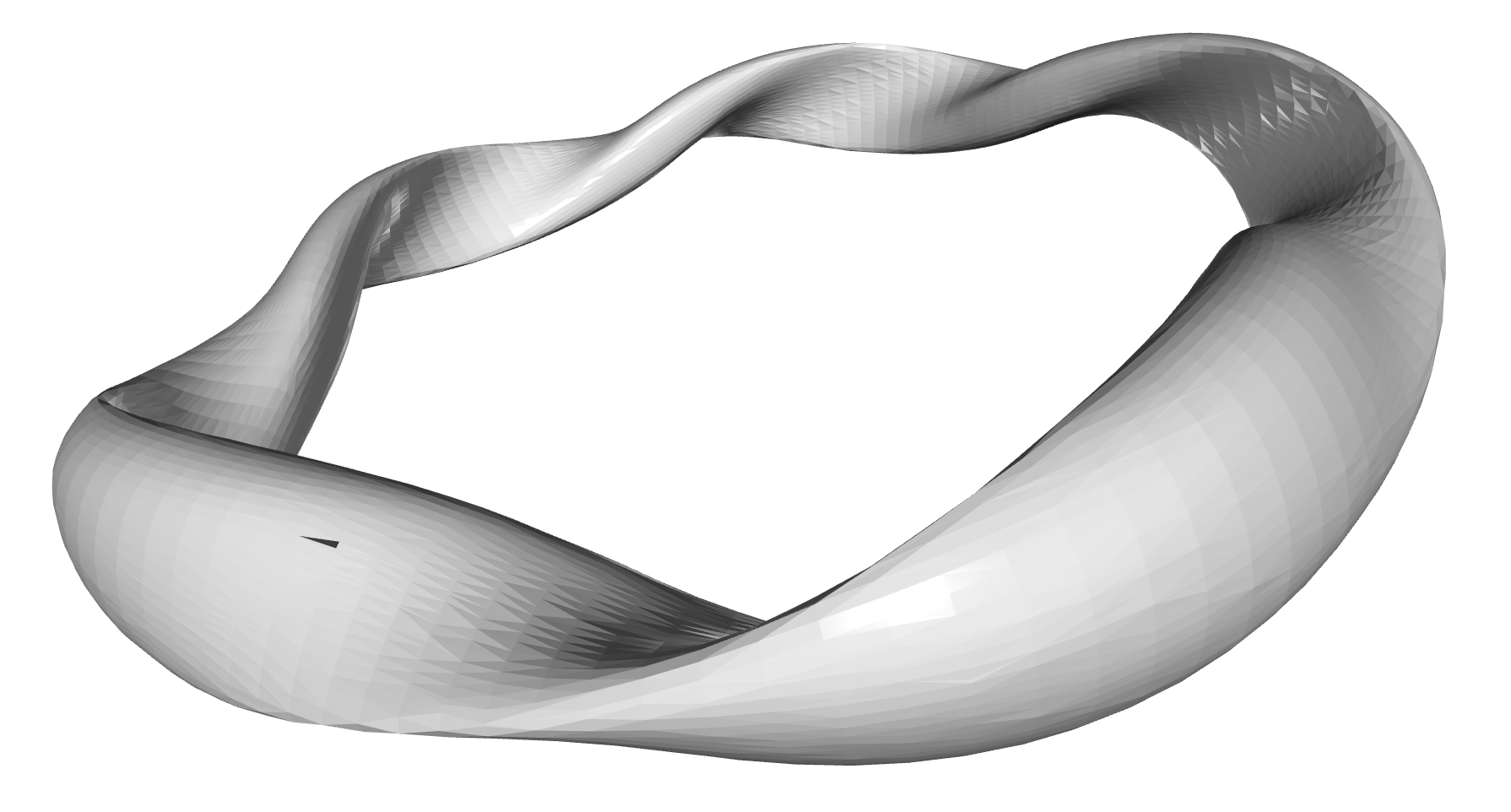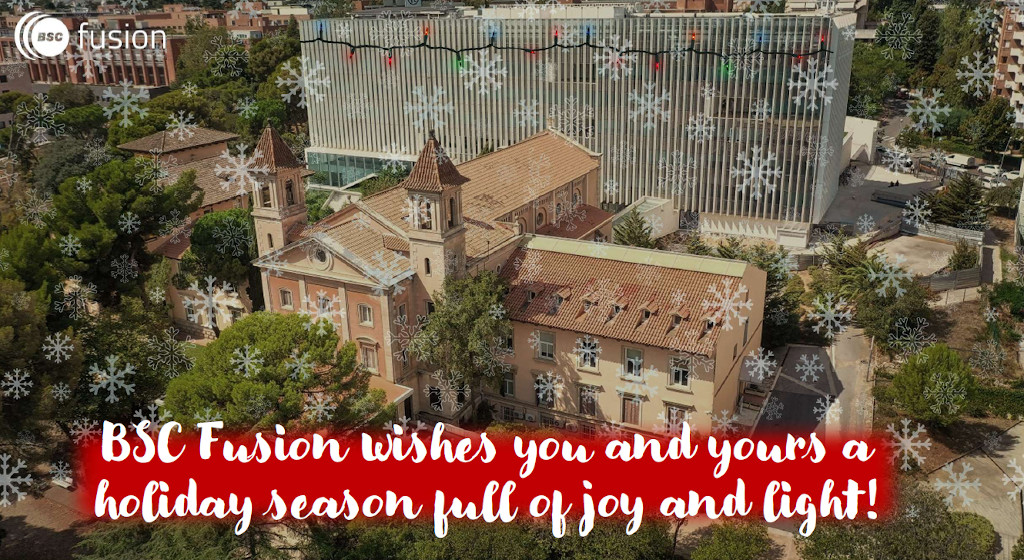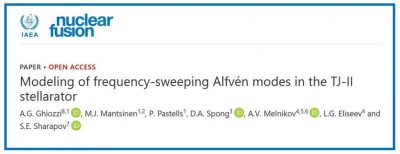
Alfvénic instabilities driven by energetic particles pose a challenge to the efficient operation of magnetic confinement fusion devices. These modes can dispel fast ions leading to the introduction of significant heat loads onto plasma facing components and degradation of overall plasma confinement. One class of Alfvénic instabilities known as reversed shear Alfvén eigenmodes (RSAEs) are of particular risk in devices with reversed shear rotational transform profiles. Reversed shear configurations have recently been of interest because of their enhancement to confinement quality. With this in mind, further study of RSAEs is necessary.

